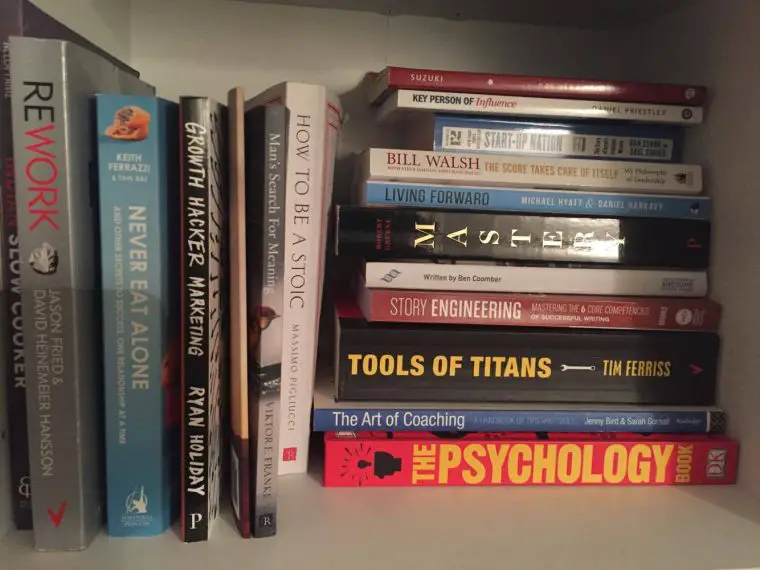My journey with Platform all started a few years ago when I read Key Person of Influence. It ultimately prompted my intrigue with writing. Blown away by the ideas in this book I had to dig deeper. This is when I discovered books talking about similar concepts:
I recommend them all.
The concept of Platform can apply to every type of software developer career. It doesn’t matter if you: want to work full time, start a business or go into management … The concepts of Platform apply no matter your career vision.








